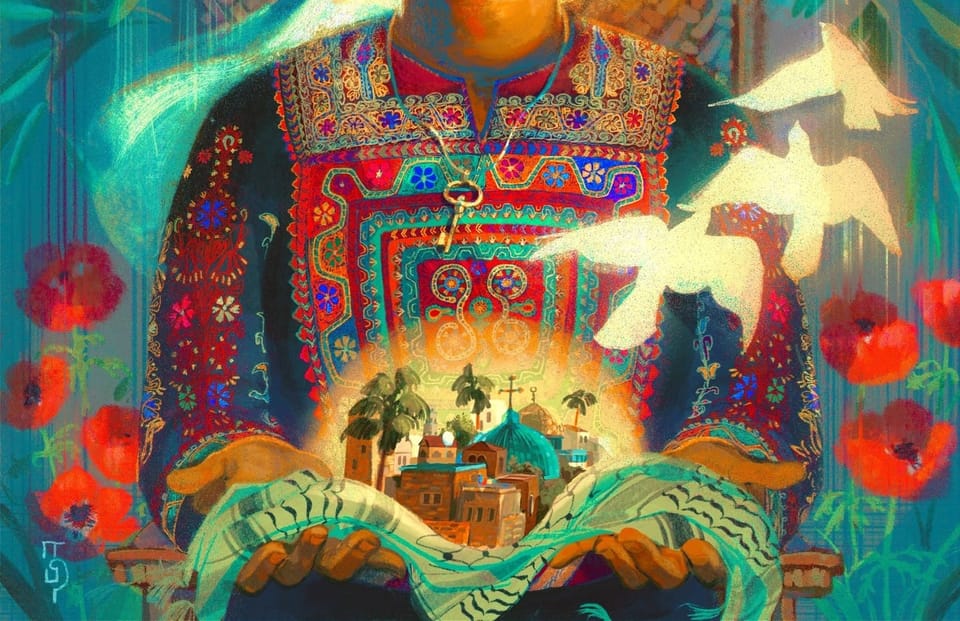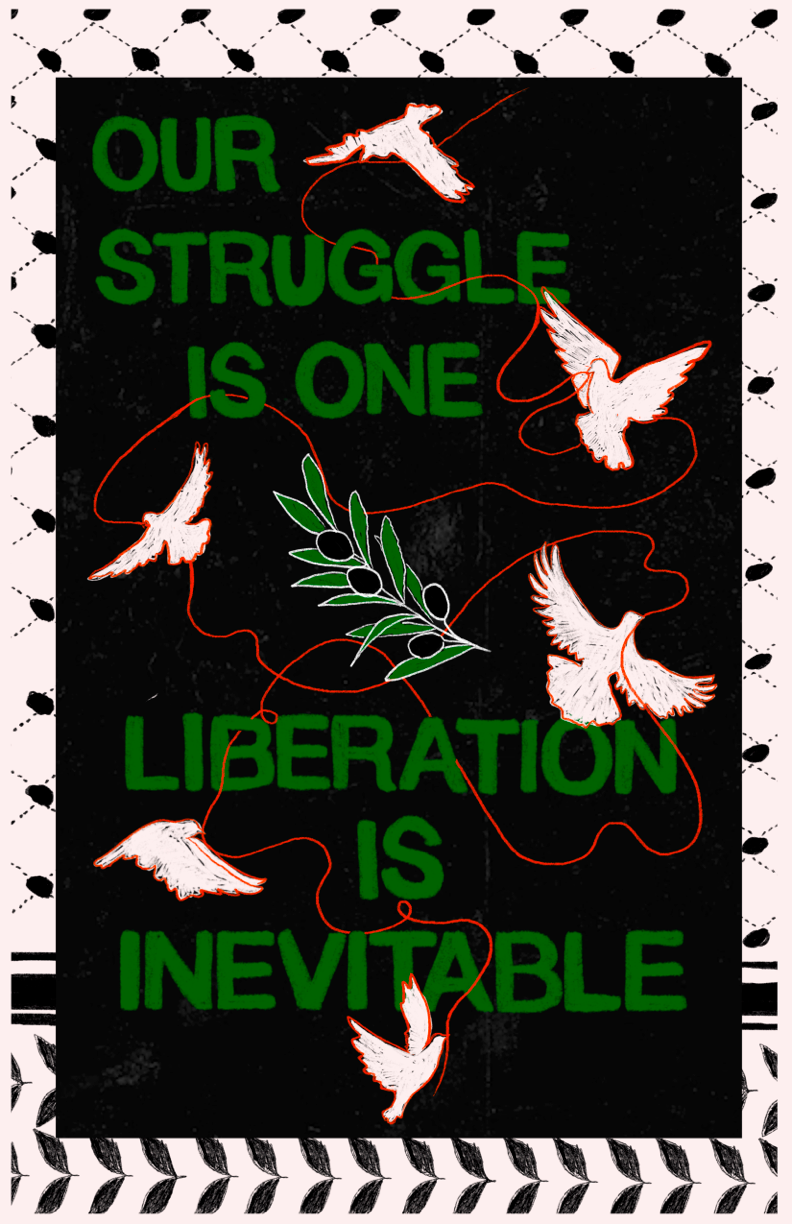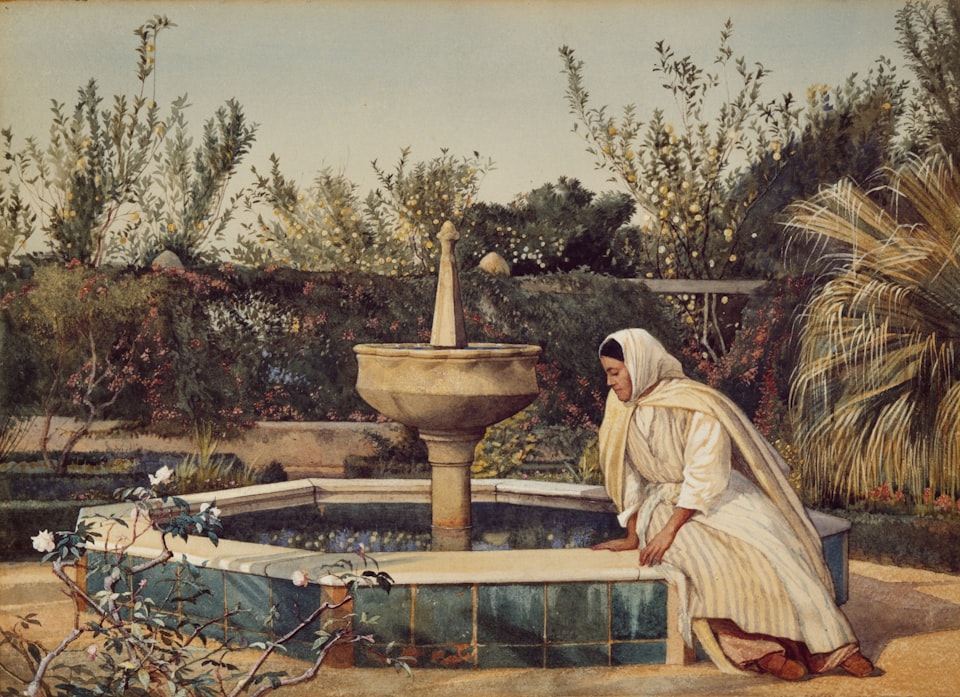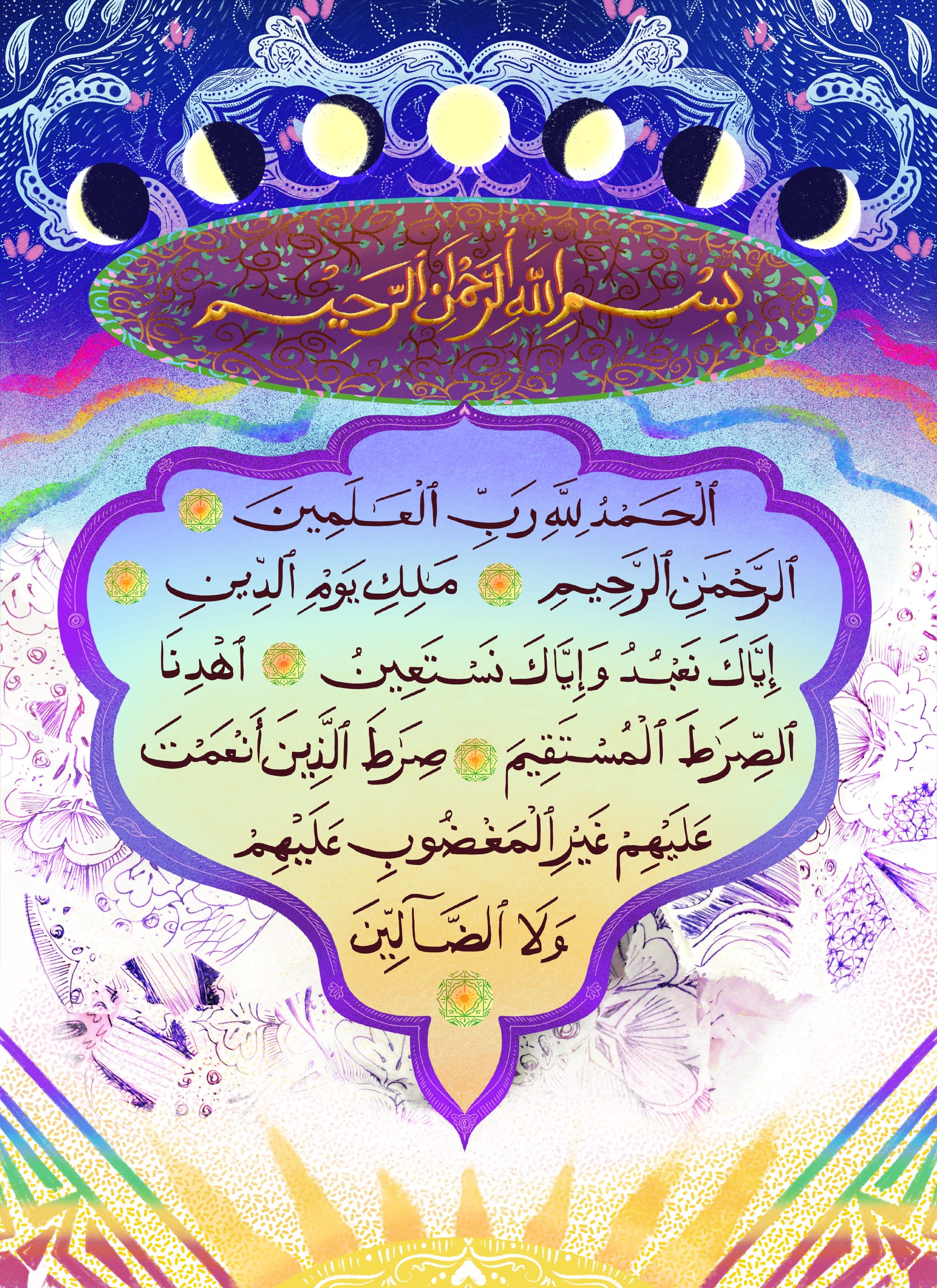Expanding the Muslim knowledge tradition for gender justice
Muslims believe that the Qur'an is timeless in its benefit. To understand meaning in the Qur’an in any location or time after revelation, tools and concepts in Qur'anic sciences were created. Diverse Muslims can use these traditional tools towards achieving justice in our lived realities today.
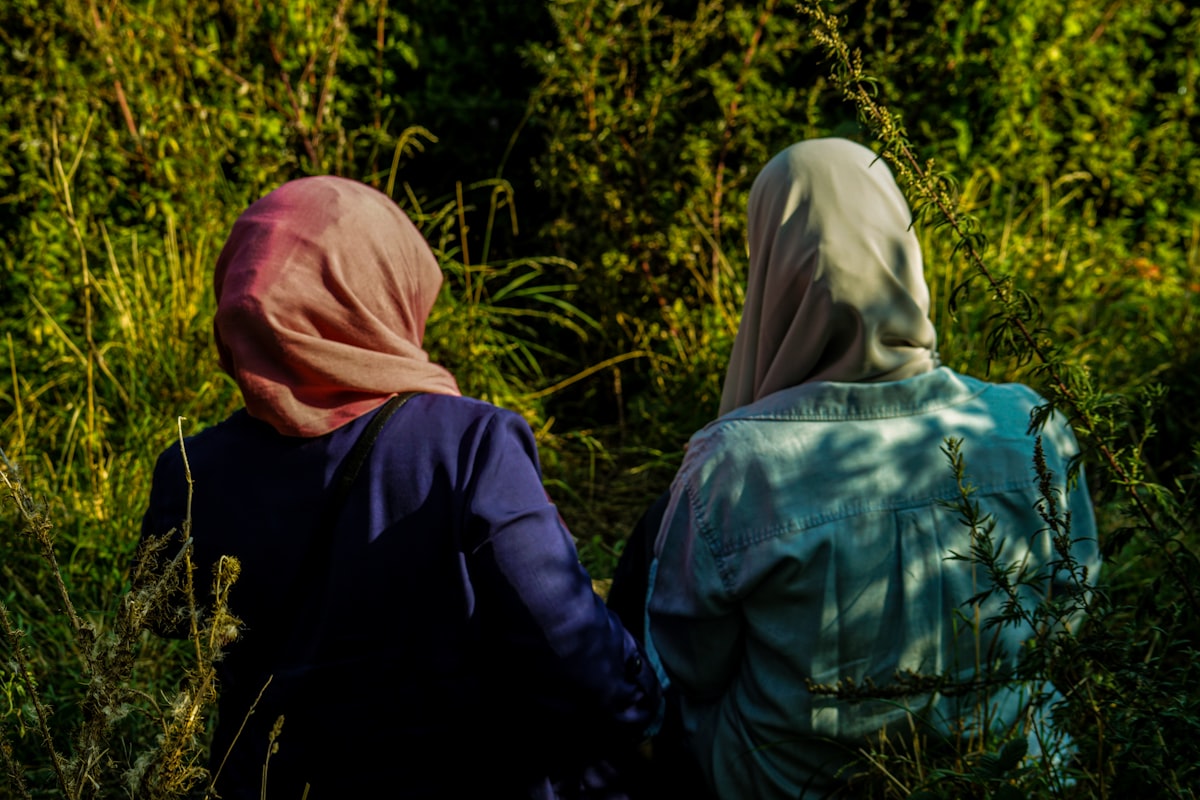
📻 Context
I joined an excellent Musawah Islam & Gender Equality and Justice course in 2018 with women from Malaysia and Singapore. This was my effort to summarise two of the sessions (six hours of learning) in 18 sentences - Liy
Muslims believe that the Qur'an is timeless in its benefit. To understand meaning in the Qur’an in any location or time after revelation, humanity created tools and concepts in Qur'anic sciences. We can use these traditional tools towards achieving justice in our lived realities today.
Applying our lived experiences to Quranic sciences is a way of building the authority of women’s voices, including our own, because authority is also a construct. However, we can’t get the most out of the Qur'an and hadith in our location and time without knowing the context of the living community that first received the Quran, and see the Qur'an in process through both their oral culture, as well as their contexts from Muslim-minority Makkah to Muslim-majority Medina.
Understanding these specific contexts helps us understand the applications of certain passages as narrow or wide. This opens up the possibility to question what practices get universalised, like the hijab, and find answers in favour of what should be universal, like tawhid or maslahah.
It’s hard to do any of this without understanding gender in Arabic. It helps us see that the consciousness of Arabs is located in gender and gendered Arabic, and therefore we gain some appreciation of what the Qur'an was trying to move humanity away from. We also see how some of that backfired in all-male interpretations to preserve and privilege a pre-Islamic Arab consciousness that oppresses Muslim women all over the world today.
We need to reframe perceived gender inequalities in the Qur'an as reflections of the time and place it emerged, and not make them divine. If not, we will say something is in the name of the Quran yet end up with injustice, which means attributing injustice to God, since the Qur'an is God’s Self-disclosure.
Qur'anic sciences helps us see how our oppressors found meaning in the Qur'an to create the realities we now live in. But we can also use the same tools to interact with them and interrogate the justice in our lived realities. In many cases, the Qur'an gives a spectrum in the semantic field for us to step into our agency, and use intertextual connections to make a choice about interpreting meaning.
We can continue the tradition of Muslim knowledge development and see how else we can construct interpretations, create new maslahah with the same message of justice, equality, compassion that actually align with our lived realities and inshaallah offer solutions to improve them.
Participating in this tradition means challenging absolute statements like “I am 100% certain this is what the text means” or “Islam says” or “Quran says." We do this by constructing and building evidence in support of our lived realities. This is most important with gender, which is a new lens to take to the Quran and its gender-specific language.
No one is more qualified to do this work than Muslim women themselves. After all, they are the authorities of their lived realities.
Liy Yusof, 31. Liy participated in the Islam & Gender Equality and Justice course by Musawah. As a result of that and other engagement with diverse Muslims since, they went on to write The Signs In Ourselves in the pandemic, which included a sidebar on women as authorities and producers of Islamic knowledge.
